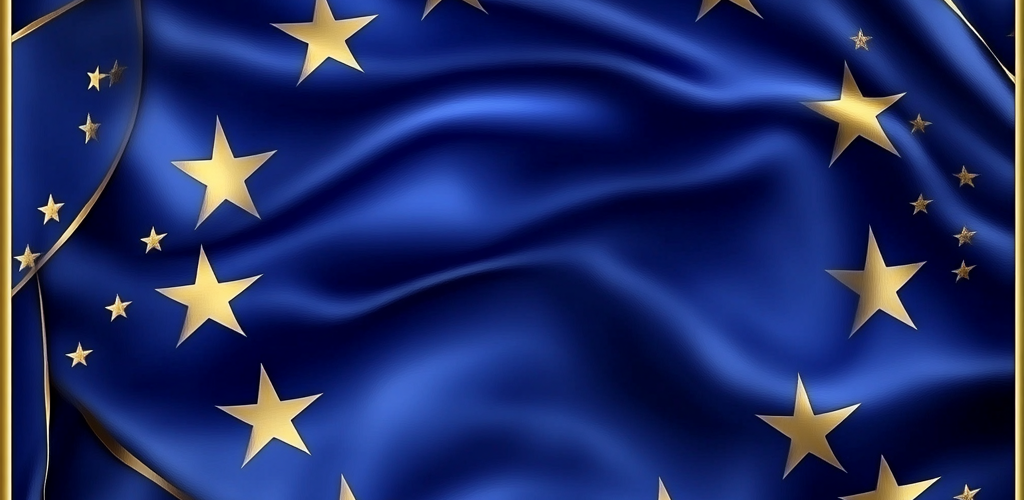- Approval of EN 16931: The European Committee for Standardization (CEN) has approved updates to EN 16931, the standard for electronic invoicing, aligning it with the EU’s ViDA initiative and upcoming intra-EU B2B e-invoicing and Digital Reporting Requirements (DRR) effective July 2030.
- Key Enhancements: The revised standard introduces a comprehensive semantic model for B2B e-invoicing, incorporating new fields such as IBAN, triangulation indicators, corrective invoice sequencing, and support for margin schemes, which will streamline invoice processing and enhance interoperability across Member States.
- Impact on Businesses: This harmonized standard aims to eliminate uncertainty for Tax, Finance, and IT teams, facilitating cross-border trade, reducing processing errors, speeding up payment cycles, and ensuring consistent compliance across the EU, ultimately boosting operational efficiency. Publication of the updated standard is expected soon, with further guidance to follow.
Source Orhan Berberoglu
Source Paul Simons
On October 23, 2025, the revised European Norm EN 16931 for electronic invoicing was officially approved, marking a significant advancement in e-invoicing across Europe. This update broadens the original 2017 standard to enhance support for business-to-business (B2B) invoicing, aligning it with upcoming EU digital VAT reporting reforms. While the final version is pending publication due to necessary editorial changes, businesses are eager for immediate access, particularly as many countries adopt mandatory e-invoicing requirements without the updated European Norm.
Changes to the standard, already announced on the European Commission’s website (ec.europa.eu), include new data fields and rules that address complex invoicing scenarios, improved VAT details, standardized payment information, and the ability to include attachments within invoices. The update is seen as a cornerstone for the EU’s “VAT in the Digital Age” (ViDA) reforms, with the expectation that EN 16931:2025 will serve as the compliance baseline for upcoming mandates.
As member states prepare to implement their e-invoicing requirements, businesses should prioritize adapting their systems to the new standard to ensure compliance and take advantage of enhanced interoperability across the EU.
See also Registry of supporting artefacts to implement EN16931
Other source
- See also
- Join the Linkedin Group on Global E-Invoicing/E-Reporting/SAF-T Developments, click HERE
- Join the LinkedIn Group on ”VAT in the Digital Age” (VIDA), click HERE
Latest Posts in "European Union"
- Successful Implementation of VAT in the Digital Age (ViDA) Discussed with Commissioner Hoekstra
- General Court T-638/24 (D GmbH) – AG Opinion – VAT on Intra-Community Acquisitions Not Precluded by Errors
- Commission Backs Italy’s VAT Derogation on certain vehicles Through 2028
- Comments on GC T‑575/24 – AG – Contrary to EU law if services provided to members are regarded as internal acts
- Comments on ECJ C-515/24 (Randstad España) – AG – Introduction of exclusion of VAT deduction of representation expenses by Spain not contrary to EU law














